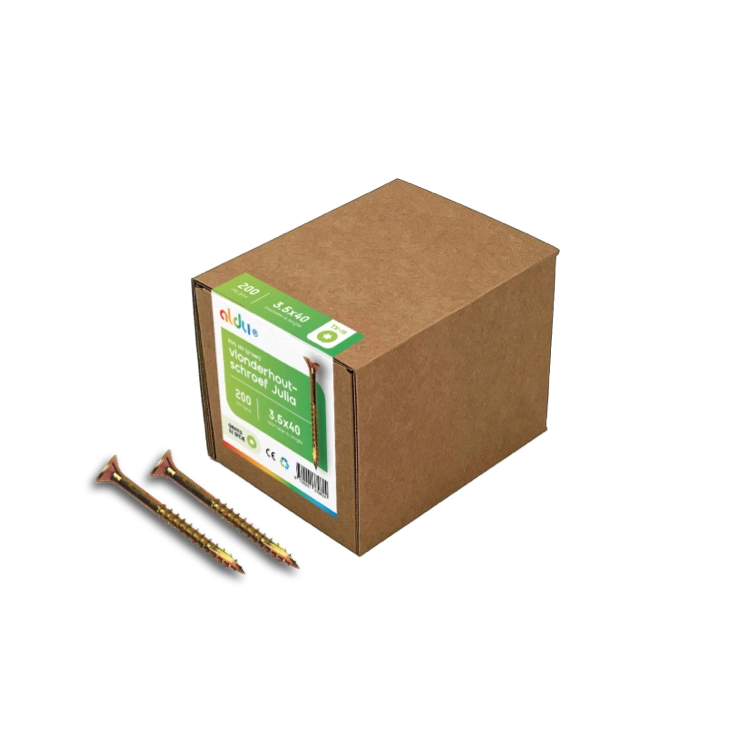Screws: The Foundations of Fastening and Construction
Screws are versatile and indispensable fixing materials which play a crucial role in countless construction and fastening applications. These small but powerful tools are used to firmly join materials together, holding together everything from houses and bridges to electronic devices and furniture. A Screws wholesaler is essential in this. In this report of ALDU fasteners, we explore the different types of screws, their construction, applications and their importance in modern construction and manufacturing processes.
Construction and Characteristics of Screws
Screws are composed of some essential components that determine their functionality and performance:
- Screw thread: This is the spiral profile that runs around the shaft of the screw. The thread allows the screw to be turned into a material and provides grip and holding power.
- Cup: The head of the screw is the upper part that is held during tightening and unscrewing. Different types of heads, such as flat heads, hex heads and convex heads, are available for different applications.
- Item: The tip of the screw usually has a sharp shape to facilitate starting the screw in the material. Drill points and self-drilling points are designed to easily pass through materials without pre-drilling.
Types of screws
There are several types of screws designed for specific needs:
- Wood screws: Used for fastening wood to wood, these screws have a sharp point and deep threads for firm grip.
- Metal screws: Specially designed for fastening metal materials, with threads and heads suitable for metalworking.
- Self-tapping screws: These screws have special points that can self-drill through materials without pre-drilling.
- Concrete and masonry screws: With special thread and harder construction for fastening in concrete, masonry and other hard materials.
Some examples of screws are
- gable screws,
- decking screws,
- counter head screws,
- chipboard screws,
- glazing batten screws,
- roof trim screws,
- pot lid screws.
Applications of Screws
Screws are used in numerous applications, including:
- Building and Construction: Screws are used in building houses, office buildings, bridges and other structures, where they join materials such as wood, metal and concrete.
- Woodworking: In the furniture and carpentry industries, wood screws are used to join wooden parts and create furniture, cabinets and other wooden products.
- Electronics and Devices: Screws are used in the assembly of electronic devices, equipment and machinery.
- Automotive industry: Screws play a role in vehicle manufacturing, where they connect parts and bodies.
Importance and Innovation
Screws are the silent force behind construction and manufacturing, providing stability, safety and durability. They have been subject to constant innovation, with improvements in thread design, materials and coatings to optimise performance. Modern screws are often coated to prevent corrosion, making them suitable for both indoor and outdoor applications.
Summary
Screws are simple yet essential components of construction, manufacturing and everyday use. Their versatility, reliability and adaptability make them an invaluable link in the chain of construction and manufacturing, contributing to the foundations of our modern world. A screws wholesaler is therefore of great importance in this process. At ALDU Fasteners, private label screws are also a possibility.



